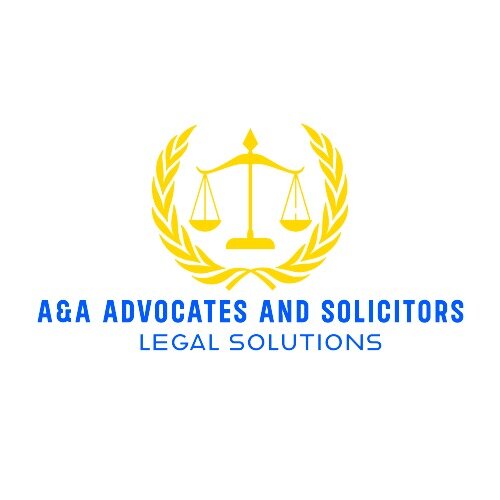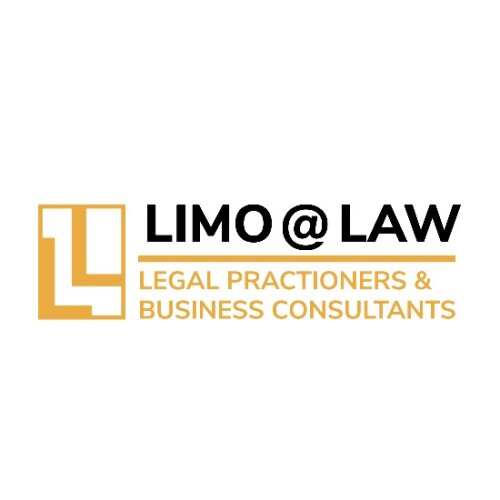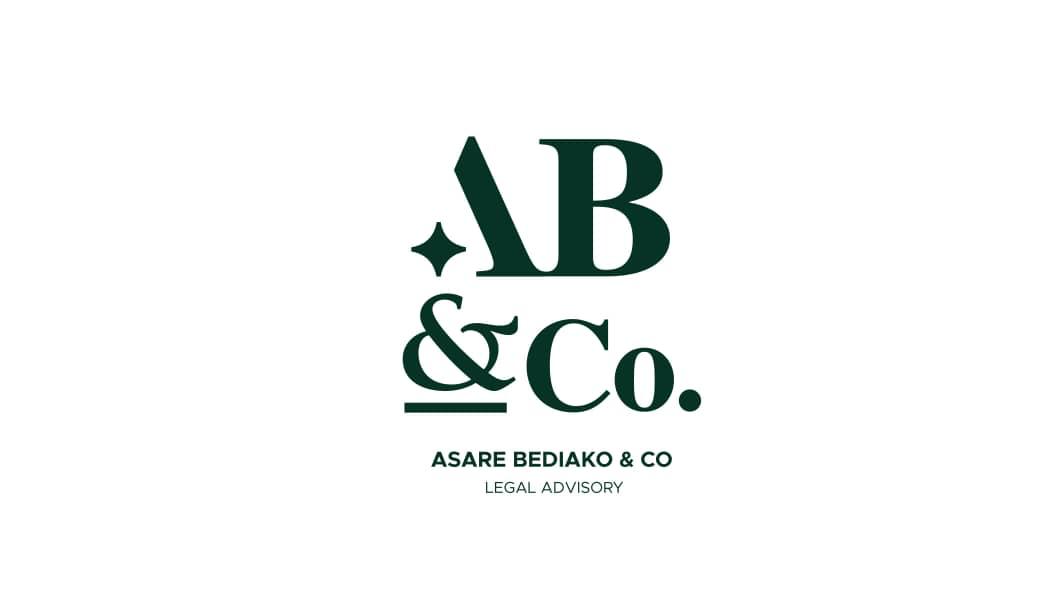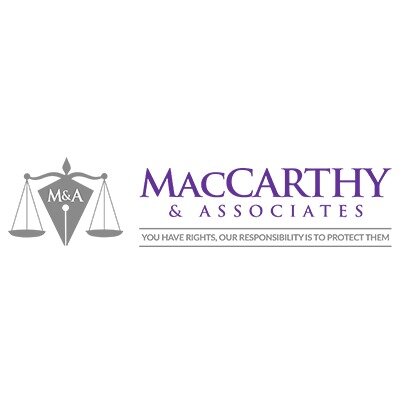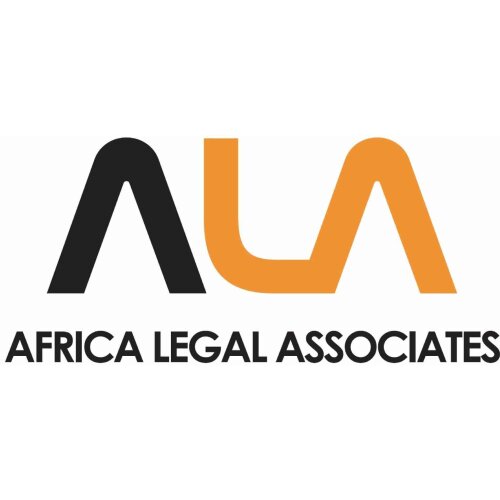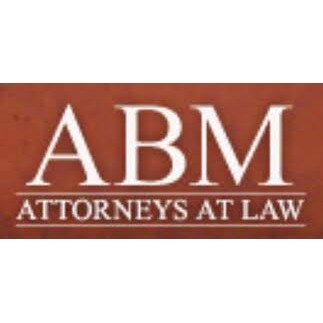Best Real Estate Lawyers in Ghana
Share your needs with us, get contacted by law firms.
Free. Takes 2 min.
Free Guide to Hiring a Real Estate Lawyer
Or refine your search by selecting a city:
List of the best lawyers in Ghana
About Real Estate Law in Ghana
Real estate in Ghana is a rapidly growing sector, thanks to urbanization and the expanding economy. The real estate market encompasses a wide range of activities, including residential and commercial property development, land transactions, leasing, and property management. Navigating this landscape requires a sound understanding of local laws and regulations that govern real estate transactions.
Real estate law in Ghana provides a legal framework for the ownership, use, and transfer of property. It covers areas such as land registration, property rights, tenancy agreements, and dispute resolution. Understanding these legal principles is crucial for anyone looking to buy, sell, or lease property in Ghana.
Why You May Need a Lawyer
Engaging a lawyer for real estate transactions in Ghana can be incredibly beneficial for several reasons. Here are common situations where legal advice may be necessary:
- Property Transactions: Buying or selling property involves complex documentation and legal procedures. A lawyer can ensure that all transactions are conducted legally and that your interests are protected.
- Title Verification: Determining the legitimacy of land titles is critical to avoid disputes. Lawyers can conduct thorough searches to verify property ownership and prevent fraud.
- Dispute Resolution: Real estate transactions can often lead to disputes. A lawyer can provide guidance on resolving conflicts effectively, whether through negotiation or litigation.
- Contract Drafting and Review: Whether you're entering into a lease agreement or purchasing property, a lawyer can draft and review contracts to ensure they are fair and enforceable.
- Zoning and Land Use: Understanding zoning laws and land use regulations is essential for property development projects. Lawyers can help navigate these regulations to ensure compliance.
Local Laws Overview
Some key aspects of real estate law in Ghana include:
- Land Title Registration: The Land Title Registration Law, 1986 (PNDCL 152) governs the registration of property. All land transactions must be registered with the Lands Commission to be legally recognized.
- Leasehold and Freehold Interests: Ghana's land tenure system recognizes both leasehold and freehold interests. Leaseholds are common in urban areas, usually lasting up to 99 years, whereas freeholds provide outright ownership.
- Rent Control: The Rent Act, 1963 (Act 220) regulates rental agreements, including rent charges and tenant eviction processes, to protect the rights of both landlords and tenants.
- Property Taxation: Property owners are required to pay property taxes, which are vital for local government funding. The Valuation Law outlines the principles of property assessments for tax purposes.
- Environmental and Planning Laws: Compliance with environmental regulations and planning permits is essential for property development, governed by the Environmental Protection Agency Act, 1994 (Act 490).
Frequently Asked Questions
How can I verify property ownership in Ghana?
Verification can be done through a title search at the Lands Commission to confirm the validity of property ownership.
What is the difference between freehold and leasehold property?
Freehold property provides outright ownership, while leasehold property is an interest for a specified duration, typically 50 to 99 years.
Can foreigners own property in Ghana?
Yes, foreigners can own property in Ghana, although land ownership by foreigners is limited to leaseholds of up to 50 years.
What documents are required for property purchase?
Documents typically include a sale agreement, title deed, land survey, and consent to transfer forms from relevant authorities.
How are property disputes resolved in Ghana?
Disputes are usually resolved through negotiation, mediation, or litigation in Ghanaian courts.
What taxes should I expect when buying property?
Purchasers may be responsible for taxes such as stamp duty, property tax, and possible capital gains tax on the transaction.
How is rent determined in Ghana?
Rent is negotiated between the landlord and tenant but must comply with regulations set forth in the Rent Act.
What are the risks of not registering property transactions?
Unregistered transactions may not be legally enforceable, posing risks of ownership disputes and fraud.
Is it necessary to conduct a site inspection before buying property?
Yes, conducting a site inspection verifies the physical condition and confirms the boundaries of the property.
What should I consider when drafting a lease agreement?
Key considerations include the lease duration, rent terms, maintenance responsibilities, and termination clauses.
Additional Resources
For more information on real estate laws in Ghana, the following resources may be helpful:
- Lands Commission: The agency responsible for land administration and registration.
- Ghana Real Estate Developers Association (GREDA): Provides industry insights and support.
- The Ghanaian Bar Association: Professional organization for lawyers where you can find qualified legal practitioners.
- Rent Control Department: Offers guidance on tenancy agreements and rent-related issues.
- Environmental Protection Agency (EPA): For guidance on environmental compliance and permits.
Next Steps
If you require legal assistance with a real estate matter in Ghana, consider the following steps:
- Consult a Lawyer: Seek a lawyer with expertise in real estate to discuss your specific needs and situation.
- Gather Documents: Prepare and organize all relevant documents, including title deeds, agreements, and correspondence.
- Research and Verify: Use reliable sources to verify property details and legal requirements before proceeding with transactions.
- Engage with Authorities: Visit relevant governmental bodies such as the Lands Commission for registration and compliance information.
Lawzana helps you find the best lawyers and law firms in Ghana through a curated and pre-screened list of qualified legal professionals. Our platform offers rankings and detailed profiles of attorneys and law firms, allowing you to compare based on practice areas, including Real Estate, experience, and client feedback.
Each profile includes a description of the firm's areas of practice, client reviews, team members and partners, year of establishment, spoken languages, office locations, contact information, social media presence, and any published articles or resources. Most firms on our platform speak English and are experienced in both local and international legal matters.
Get a quote from top-rated law firms in Ghana — quickly, securely, and without unnecessary hassle.
Disclaimer:
The information provided on this page is for general informational purposes only and does not constitute legal advice. While we strive to ensure the accuracy and relevance of the content, legal information may change over time, and interpretations of the law can vary. You should always consult with a qualified legal professional for advice specific to your situation.
We disclaim all liability for actions taken or not taken based on the content of this page. If you believe any information is incorrect or outdated, please contact us, and we will review and update it where appropriate.
Browse real estate law firms by service in Ghana
Ghana Attorneys in related practice areas.
Browse real estate law firms by city in Ghana
Refine your search by selecting a city.



